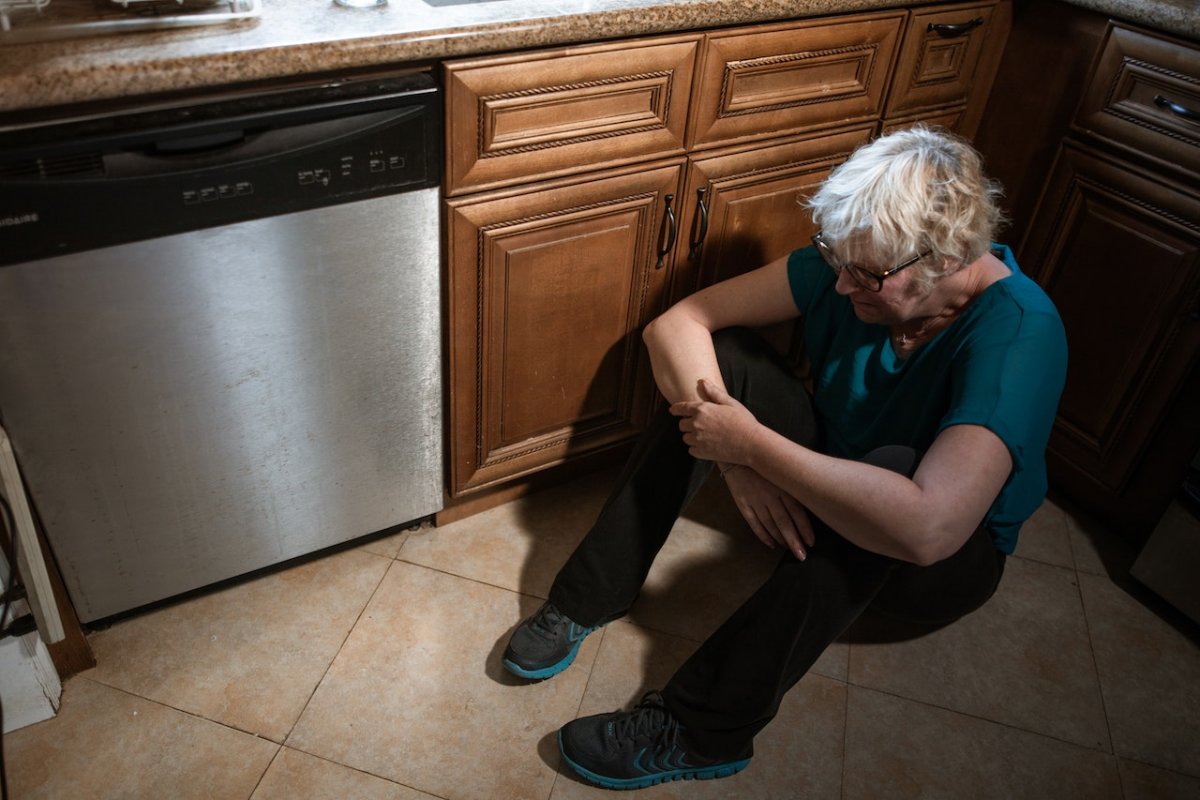
It is important for loved ones to consider why patients may wander and how to help them maintain their “safety and dignity”.Some people with dementia tend to “wander”. While this may not be a problem in their home, it can be a concern if they go out alone or get lost.
“Wandering in and of itself is not a problem — it can help relieve stress and boredom and is good exercise. But as with any behavior, if a person with dementia walks and possibly leaves the house, it may be a sign that he has an unmet need,” says neurologist Alexandra Alekhina, especially for MedikForum.
By understanding what they need and looking for solutions, you can help improve their well-being. This can be a concern if you are supporting a person with dementia who walks frequently. They can repeatedly walk around the house or leave the house at any time of the day or night. People with dementia often have problems with orientation and memory, which can make it difficult for them to find their way home.
Not too intense physical activity reduces the risk of dementia
If you take care of a person with or support dementia, it's worth trying to figure out why they're doing it.
“You may not understand why the person you care about beats around the bush. That is why it is often called wandering.”
Doctors have identified the first sign of dementia
“Instead of ignoring a person's behavior, it is important to think about why he can walk and how you can help him maintain his independence, safety and dignity.”
Doctor recommends walking a diary to take notes about their behavior and any reasons they might be walking, as this may help you determine the cause. There are a number of reasons why a person with dementia can walk.
A person with dementia may start out on a journey with a specific purpose and then, due to a short-term memory loss, forget where they are going and get lost. Similarly, they may be looking for an item they have lost or think someone else has taken it.
“You can try to prevent this by leaving some of their favorite personal items in a prominent place.”
Other reasons for walking include:
- Time confusion
- Relief of pain or anxiety
- Not being physically active
- Searching for a person or something from the past
- Feeling lost
< li>Relieving boredom
Earlier, MedicalForum wrote about the most useful products in winter.
Important! Information provided for reference purposes. Ask a specialist about contraindications and side effects and under no circumstances self-medicate. At the first sign of illness, consult a doctor.
